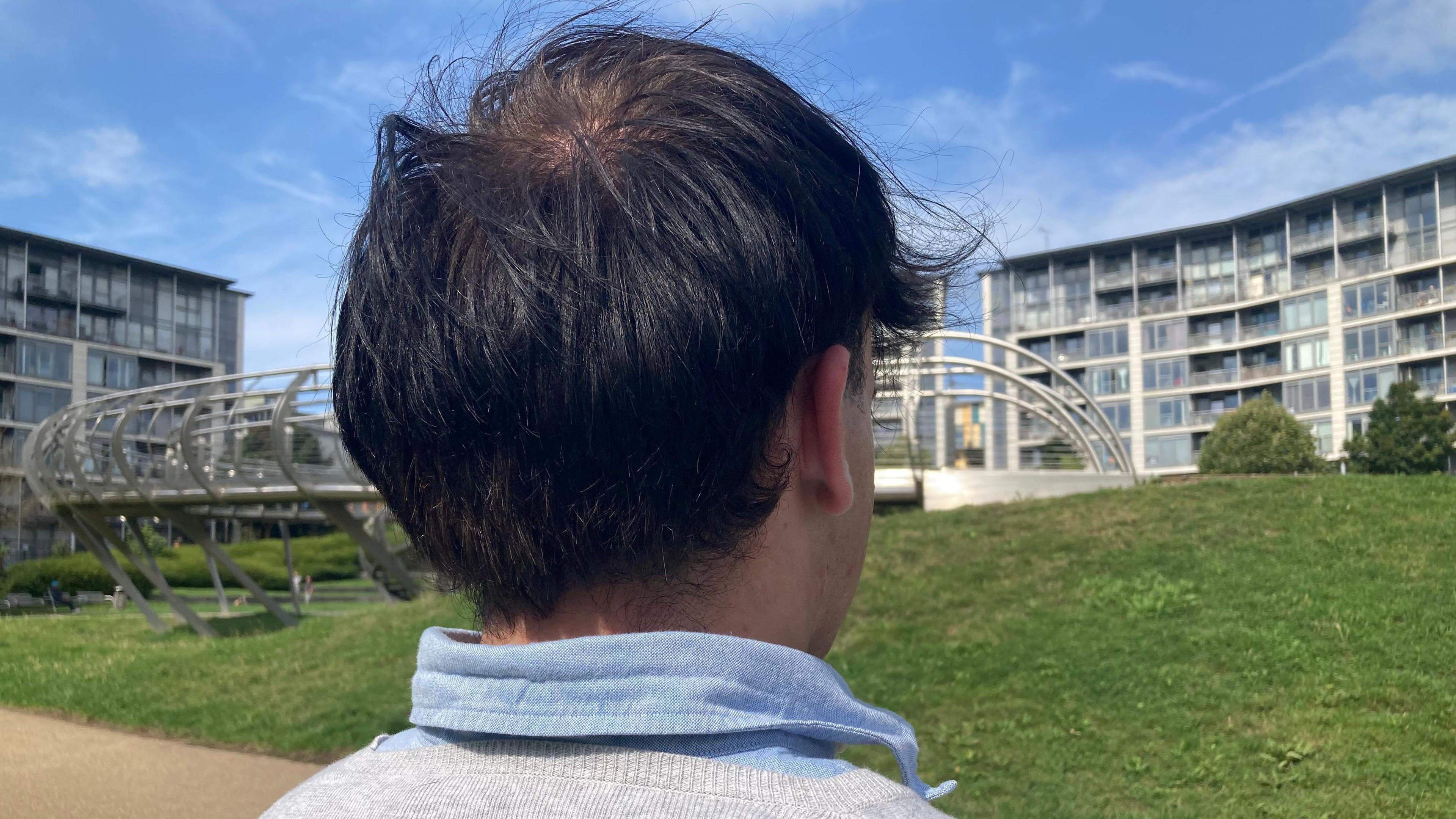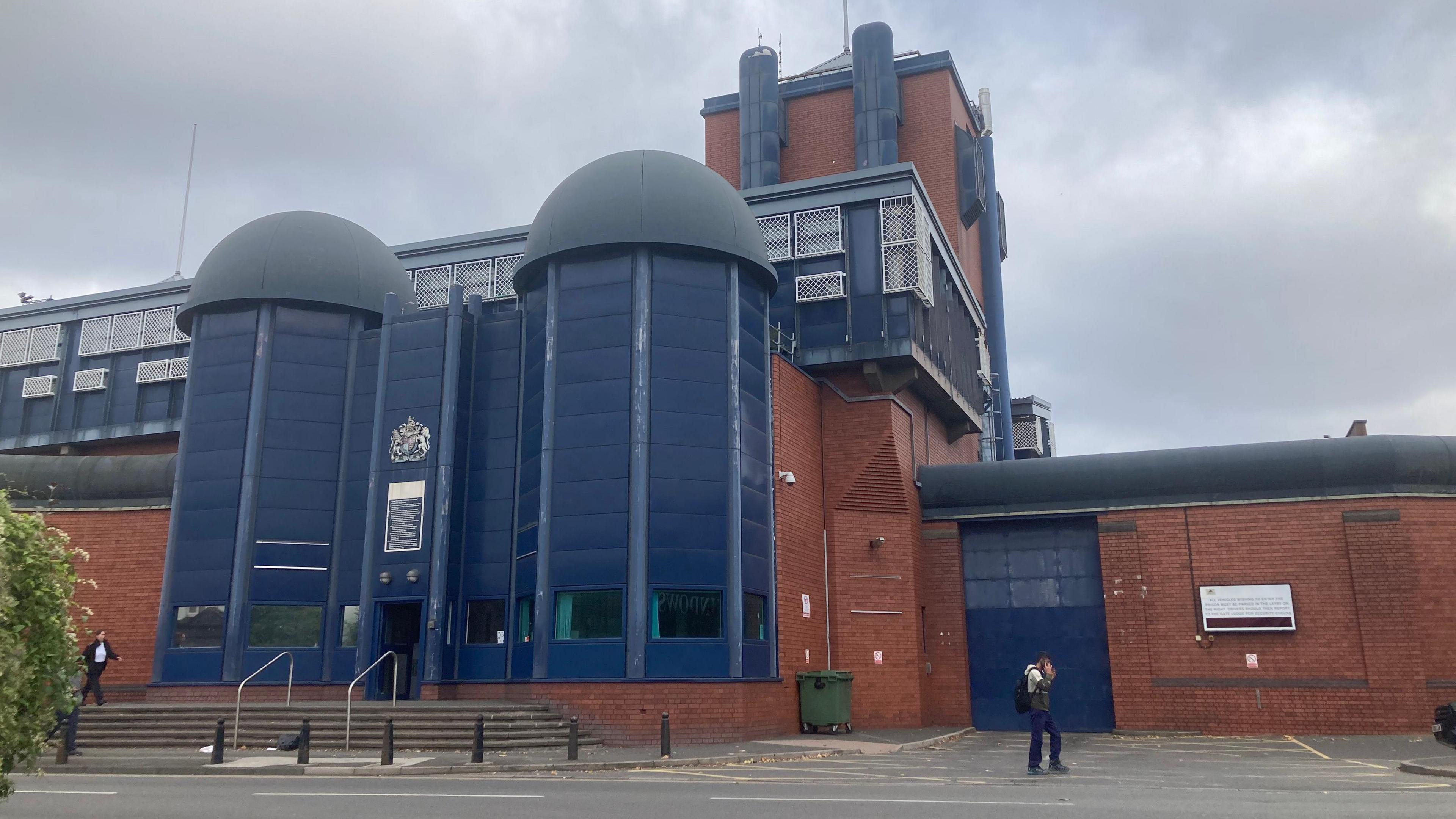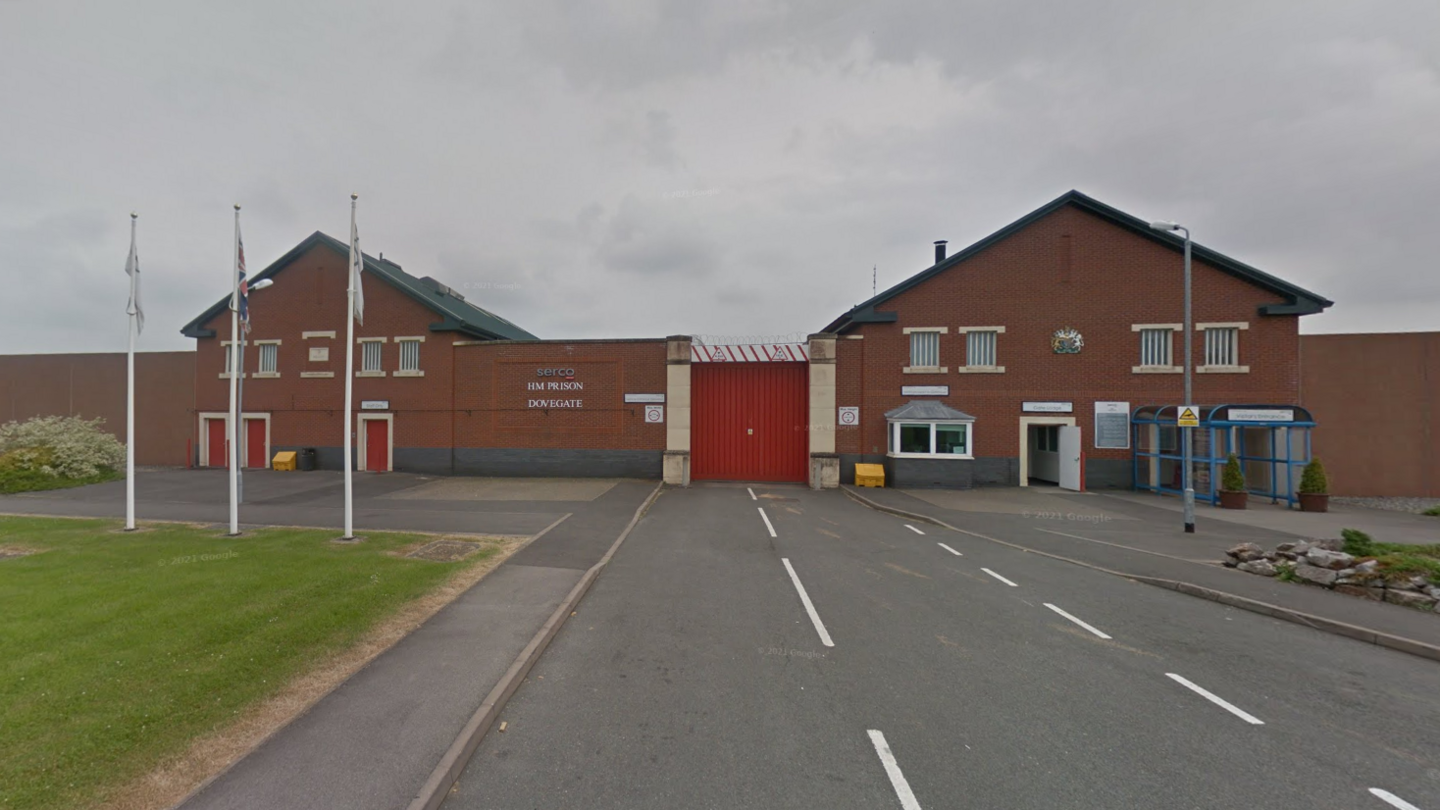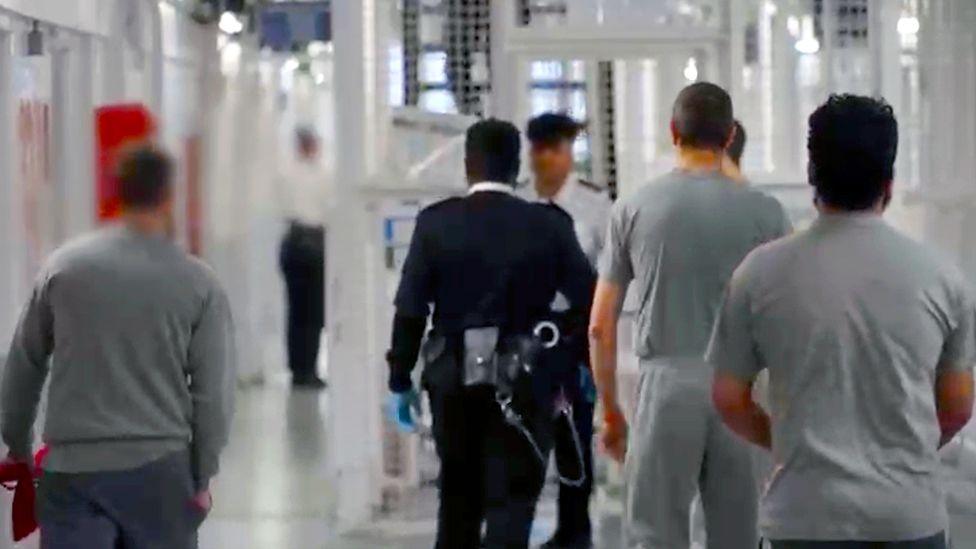'I saw people die in jail - where was my support?'

At 19, the man witnessed a murder and suicide on the same day
- Published
A former prison officer says he was offered no support by bosses despite witnessing a murder, suicide and being attacked by inmates five times.
Instead, he said he felt pressured to have no time off despite numerous traumatic events because staffing levels were so low.
The 21-year-old, who joined the prison service after leaving school at 18, working at jails in the West Midlands, said: "After three years I'd seen so much - the extremes of death, both self-inflicted and caused by other people. You don't get time to process it."
The Ministry of Justice (MoJ) said it inherited a prison service "in crisis" from the previous government and that it would "get a grip" on the system.
The former officer, who wants to remain anonymous, said he was attracted to a career in the prison service due to the self-discipline and integrity the role requires.
"I knew I might be assaulted by inmates and I knew I might see some horrible stuff but I expected to get some support," he said.
Staff and prisoners at risk
Not long after he started the job, he witnessed someone die from a self-inflicted injury and another inmate murdered on the same day.
A debrief with management and a supportive check-in was supposed to happen after every serious incident but one was never arranged.
"It's incompetent not to not think of the health and safety of officers.
"There are so many failures within management which put staff and prisoners at risk and it is very difficult for the MoJ to investigate."

The former officer worked at HMP Birmingham and Long Lartin, in Worcestershire
He claimed management went against MoJ guidance which advises officers should take time off after being assaulted multiple times in a single week.
"The MoJ said to take time off but then my manager made a comment which stuck with me," he said.
"He told me, 'if you have incidents like this and you can't cope with them, don't be in the job'.
"I was a young person and I had just entered a career which I loved and I couldn't afford to leave so I didn't take time off to process what had happened to me.
"Eventually, I couldn't do it anymore."
Staffing levels unsafe
After three years working at prisons including HMP Birmingham and Long Lartin in Worcestershire, he resigned.
He said he wanted to share his story because "officers who question the integrity of management are forced out of the service or to another prison".
He also urged the MoJ to hire more staff because current levels were unsafe.
"Fourteen years ago you would have had at least 10-15 officers on a residential unit looking after 150 prisoners," he said.
"During my career, I've worked with just one other member of staff to run a unit with more prisoners than ever before."
Earlier this month, over 2,000 prisoners were released early to ease the prisons crisis, serving 40% of their sentence rather than 50%.
The former officer was sceptical over whether this would make any difference due to concerns over rehabilitation and chances of reoffending.
He also cited fears over the release of domestic abusers in particular.
"We see a lot of them coming back in," he said.
"I think it's inevitable someone will die."

The University of Birmingham's Dominque Moran said she was concerned by a lack of experience in new officers
According to the Prison and Probation service, there has been an increase of 2,268 staff across the service compared to June last year. , external
Dominque Moran, professor of Carceral Geography at the University of Birmingham, said she was concerned by young and inexperienced staff joining the service, potentially replacing seasoned officers.
"Many people in prison have been in prison a number of times - they are very familiar with how the system operates," she said.
"They are often more familiar with the prison than some of the new staff are."
'System in crisis'
A Ministry of Justice spokesperson said the loss of experienced staff had left the service with a relatively inexperienced workforce but that they were continuously improving their learning offer to staff.
“The new government inherited a prison system in crisis - putting significant pressure on the whole justice system," they said.
“We will get a grip of the situation so we can lock up the most dangerous offenders, protect the public and make our prisons safer for hard-working staff.”
See also:
- Published15 July 2024

- Published5 September 2024
